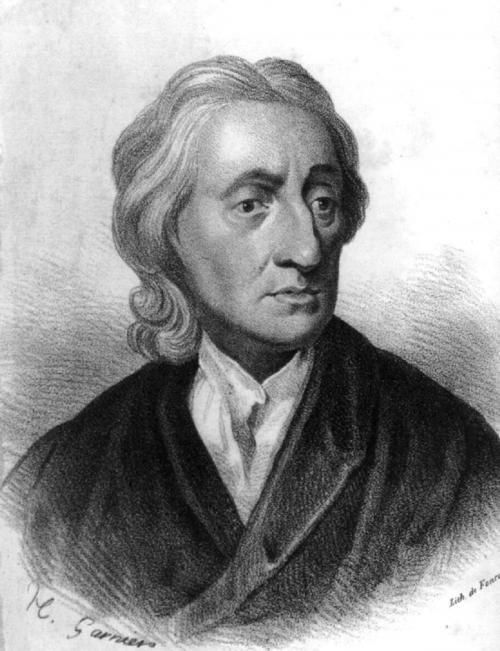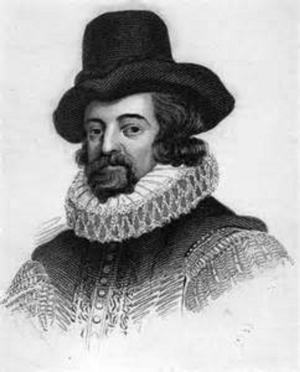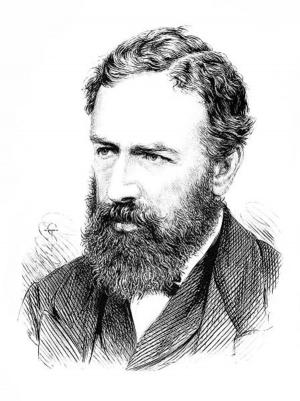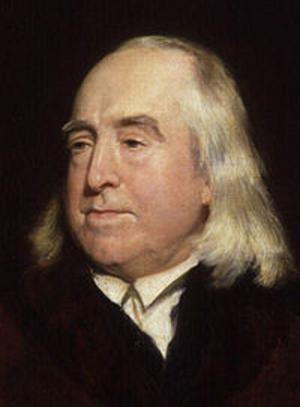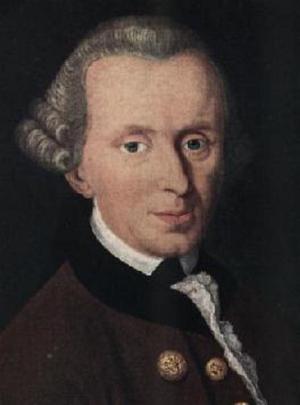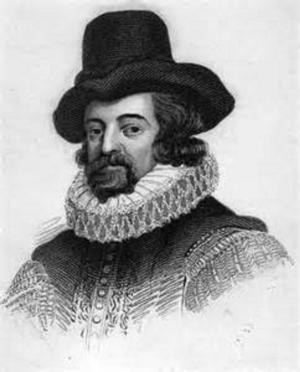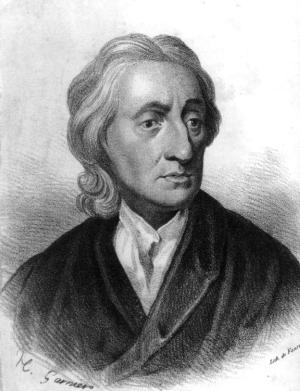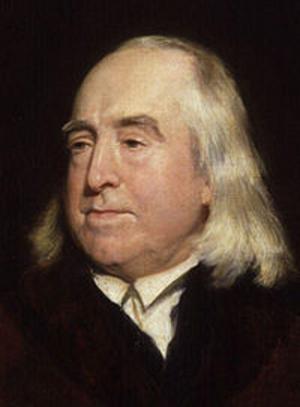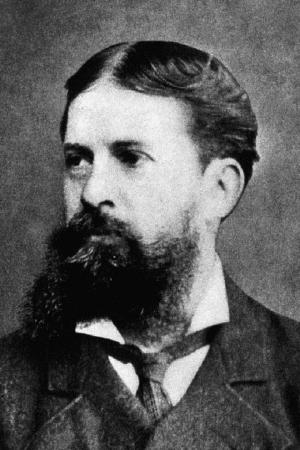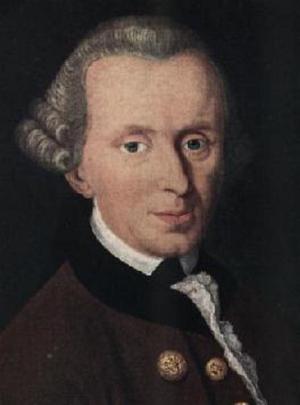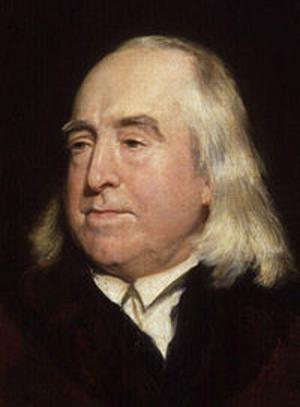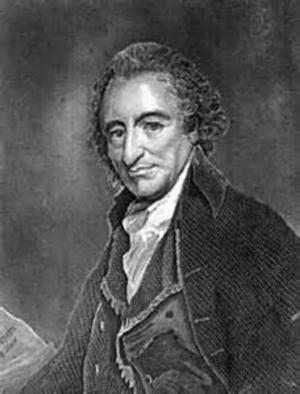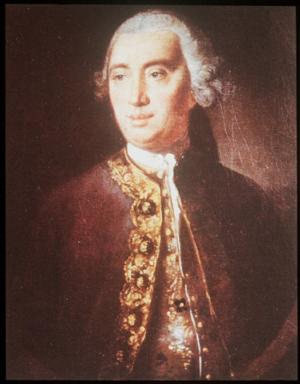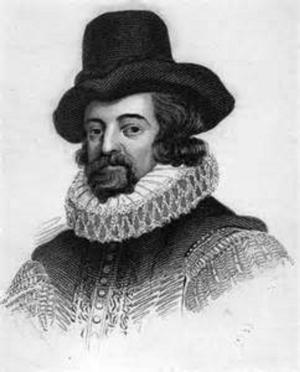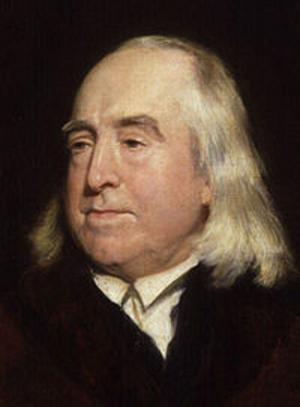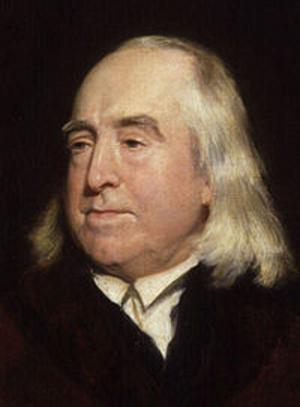On Government by John Locke, David Hume, James Mill, and Frédéric Bastiat (Illustrated)
Business & Finance, Economics, Macroeconomics, Theory of Economics| Author: | David Hume, Frédéric Bastiat, John Locke | ISBN: | 1230000330558 |
| Publisher: | www.WealthOfNation.com | Publication: | March 30, 2015 |
| Imprint: | Language: | English |
| Author: | David Hume, Frédéric Bastiat, John Locke |
| ISBN: | 1230000330558 |
| Publisher: | www.WealthOfNation.com |
| Publication: | March 30, 2015 |
| Imprint: | |
| Language: | English |
The book has an active table of contents for easy access to each chapter as the follows:
1. TWO TREATISES OF GOVERNMENT – JOHN LOCKE
2. OF THE ORIGINAL CONTRACT – DAVID HUME
3. OF THE FIRST PRINCIPLES OF GOVERNMENT – DAVID HUME
4. OF THE ORIGIN OF GOVERNMENT – DAVID HUME
5. OF THE BALANCE OF POWER – DAVID HUME
6. GOVERNMENT – JAMES MILL
7. GOVERNMENT - FRÉDÉRIC BASTIAT
John Locke was an economic liberalist and he believed that the value of things comes from the people. The social contract theory by John Locke explains this. Locke defined tyranny as “…the exercise of power beyond right, which nobody can have a right to; and this is making use of the power any one has in his hands, not for the good of those who are under it, but for his own private, separate advantage.” Locke agreed that each person born with equality is the essential natural right to ensure free market competition.
David Hume was a Scottish historian, philosopher, and economist in the row with the greatest thinkers Adam Smith, John Stuart Mill, John Keynes, John Locke, and Alfred Marshall. Their thoughts had strong influence on building the foundation of the United States and its endeavor of open society.
David Hume in this book gave a powerful discussion across the important subjects from the origin and principles of government to original contract and balance of power with government.
James Mill made essential contributions to social theory, political theory and political economy as a Scottish historian, economist, political theorist, and philosopher. He was a founder of classical economics along with David Ricardo and his son John Stuart Mill.
In 1820, James Mill published one of his most important works, Government through the Encyclopedia Britannica. He argued the essential point for democracy in the essay that the people are capable of acting agreeably to their Interests. The essay is James Mill’s most influential contributions to liberalism and freedom of speech. It is one of the most widely read of all books on economic theory in the world as Principles of Economics by Alfred Marshall and On the Principles of Political Economy by John Stuart Mill.
Frederic Bastiat was a French political economist, statesman, classical liberal theorist, and the French Assembly. He coined the important economic concept of opportunity cost. His ideas have become the foundation for libertarian and the Austrian schools of thought.
Most of Bastiat’s political writings were done during the years just before and immediately after the Revolution of February 1848 when France was rapidly turning to complete socialism. As a Deputy to the Legislative Assembly, Bastiat explained each socialist fallacy as it appeared and how socialism must inevitably degenerate into communism that it must fail.
In the book, Government, Mr. Bastiat introduced the important concept of individual social responsibility to a social system by saying “there is no chimerical creation, no abstraction, from which the citizens may demand everything. They expect nothing except from themselves and their own energy." His reasoning remains as relevant today as it was then.
Reasoning by John Locke, David Hume, James Mill, and Frederic Bastiat still remain as relevant today as it was then. After more than two centuries, the works by them still stand as the best statement and defense of the fundamental principles of capitalism. The books in the collection are already read more than two hundred years and they will still be read for another century due to its truths.
The collection is one of the most important books about the deepest thoughts of government, moral, and free market by John Locke, David Hume, James Mill, and Frederic Bastiat, three of the greatest thinkers of political economics on the planet.
If you are looking for the answer that “Absolute power corrupts absolutely”, the book is the right book for you.
The book has an active table of contents for easy access to each chapter as the follows:
1. TWO TREATISES OF GOVERNMENT – JOHN LOCKE
2. OF THE ORIGINAL CONTRACT – DAVID HUME
3. OF THE FIRST PRINCIPLES OF GOVERNMENT – DAVID HUME
4. OF THE ORIGIN OF GOVERNMENT – DAVID HUME
5. OF THE BALANCE OF POWER – DAVID HUME
6. GOVERNMENT – JAMES MILL
7. GOVERNMENT - FRÉDÉRIC BASTIAT
John Locke was an economic liberalist and he believed that the value of things comes from the people. The social contract theory by John Locke explains this. Locke defined tyranny as “…the exercise of power beyond right, which nobody can have a right to; and this is making use of the power any one has in his hands, not for the good of those who are under it, but for his own private, separate advantage.” Locke agreed that each person born with equality is the essential natural right to ensure free market competition.
David Hume was a Scottish historian, philosopher, and economist in the row with the greatest thinkers Adam Smith, John Stuart Mill, John Keynes, John Locke, and Alfred Marshall. Their thoughts had strong influence on building the foundation of the United States and its endeavor of open society.
David Hume in this book gave a powerful discussion across the important subjects from the origin and principles of government to original contract and balance of power with government.
James Mill made essential contributions to social theory, political theory and political economy as a Scottish historian, economist, political theorist, and philosopher. He was a founder of classical economics along with David Ricardo and his son John Stuart Mill.
In 1820, James Mill published one of his most important works, Government through the Encyclopedia Britannica. He argued the essential point for democracy in the essay that the people are capable of acting agreeably to their Interests. The essay is James Mill’s most influential contributions to liberalism and freedom of speech. It is one of the most widely read of all books on economic theory in the world as Principles of Economics by Alfred Marshall and On the Principles of Political Economy by John Stuart Mill.
Frederic Bastiat was a French political economist, statesman, classical liberal theorist, and the French Assembly. He coined the important economic concept of opportunity cost. His ideas have become the foundation for libertarian and the Austrian schools of thought.
Most of Bastiat’s political writings were done during the years just before and immediately after the Revolution of February 1848 when France was rapidly turning to complete socialism. As a Deputy to the Legislative Assembly, Bastiat explained each socialist fallacy as it appeared and how socialism must inevitably degenerate into communism that it must fail.
In the book, Government, Mr. Bastiat introduced the important concept of individual social responsibility to a social system by saying “there is no chimerical creation, no abstraction, from which the citizens may demand everything. They expect nothing except from themselves and their own energy." His reasoning remains as relevant today as it was then.
Reasoning by John Locke, David Hume, James Mill, and Frederic Bastiat still remain as relevant today as it was then. After more than two centuries, the works by them still stand as the best statement and defense of the fundamental principles of capitalism. The books in the collection are already read more than two hundred years and they will still be read for another century due to its truths.
The collection is one of the most important books about the deepest thoughts of government, moral, and free market by John Locke, David Hume, James Mill, and Frederic Bastiat, three of the greatest thinkers of political economics on the planet.
If you are looking for the answer that “Absolute power corrupts absolutely”, the book is the right book for you.
